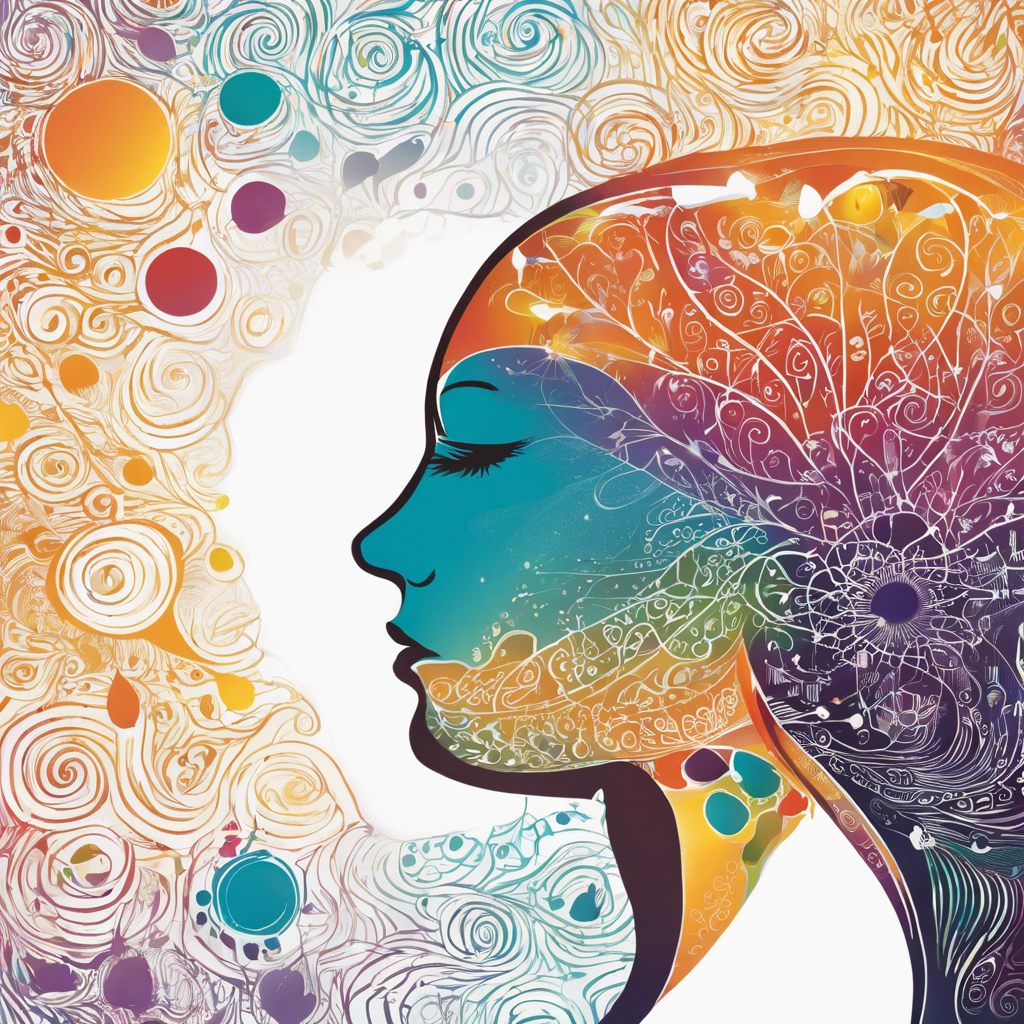The concept of the mind-body connection has fascinated philosophers, scientists, and healthcare professionals alike for centuries. It delves into the intricate link between our mental and physical health, posing the question: how does our psychological state influence our physical well-being, and vice versa?
Our mental and physical health are deeply intertwined, and this connection plays a significant role in our overall health and quality of life. Research has shown that our mental state can have a profound impact on our physical health. For example, chronic stress has been linked to an increased risk of heart disease, while depression and anxiety can weaken the immune system, making individuals more susceptible to illnesses. Similarly, the state of our physical health can have a notable impact on our mental and emotional well-being. Illnesses, chronic pain, and physical injuries can contribute to the development of mental health issues such as depression, anxiety, and adjustment disorders.
The mind and body are in constant communication, and when this connection is understood and harnessed effectively, it can be a powerful tool for healing and self-improvement. For instance, practices such as meditation and yoga that focus on the mind-body connection have been shown to benefit both mental and physical health. They can help reduce stress and improve mood, while also enhancing physical flexibility, strength, and balance. By recognizing and honoring the mind-body connection, we can take a more holistic approach to healthcare, treating the person as a whole rather than addressing mental and physical health in isolation.
Furthermore, the mind-body connection underscores the importance of comprehensive healthcare that addresses the multifaceted needs of individuals. Mental health professionals are increasingly recognizing the role of the body in mental health treatment, incorporating techniques such as mindfulness and somatic experiencing into their practice. These modalities help individuals become more attuned to their bodily sensations and emotions, fostering a deeper understanding of the mind-body connection and promoting healing on a deeper level.
The mind-body connection also extends to our daily habits and behaviors. Engaging in regular physical activity and maintaining a healthy diet not only benefits our physical health but also has a positive impact on our mental clarity, energy levels, and emotional well-being. Similarly, getting enough sleep is crucial for both our mental and physical health, as it allows our bodies to repair and our minds to process and consolidate memories.
In understanding the mind-body connection, we can also recognize the profound impact of social and environmental factors on health. Our physical and mental health is shaped by our lived experiences, relationships, and the communities we belong to. By addressing these social determinants of health, we can foster a more inclusive and equitable approach to healthcare that acknowledges the unique experiences and needs of diverse populations.
Lastly, the mind-body connection holds valuable insights for preventative healthcare. By recognizing the early signs of mental or physical distress and addressing them proactively, we can potentially prevent more severe issues from developing. This may include seeking professional help, making lifestyle changes, or engaging in self-care practices that nurture both the mind and body.
In conclusion, the mind-body connection is a powerful reminder of the inherent link between our mental and physical health. By recognizing and honoring this connection, we can take a more holistic and integrated approach to our well-being, fostering a healthier and more balanced life.
